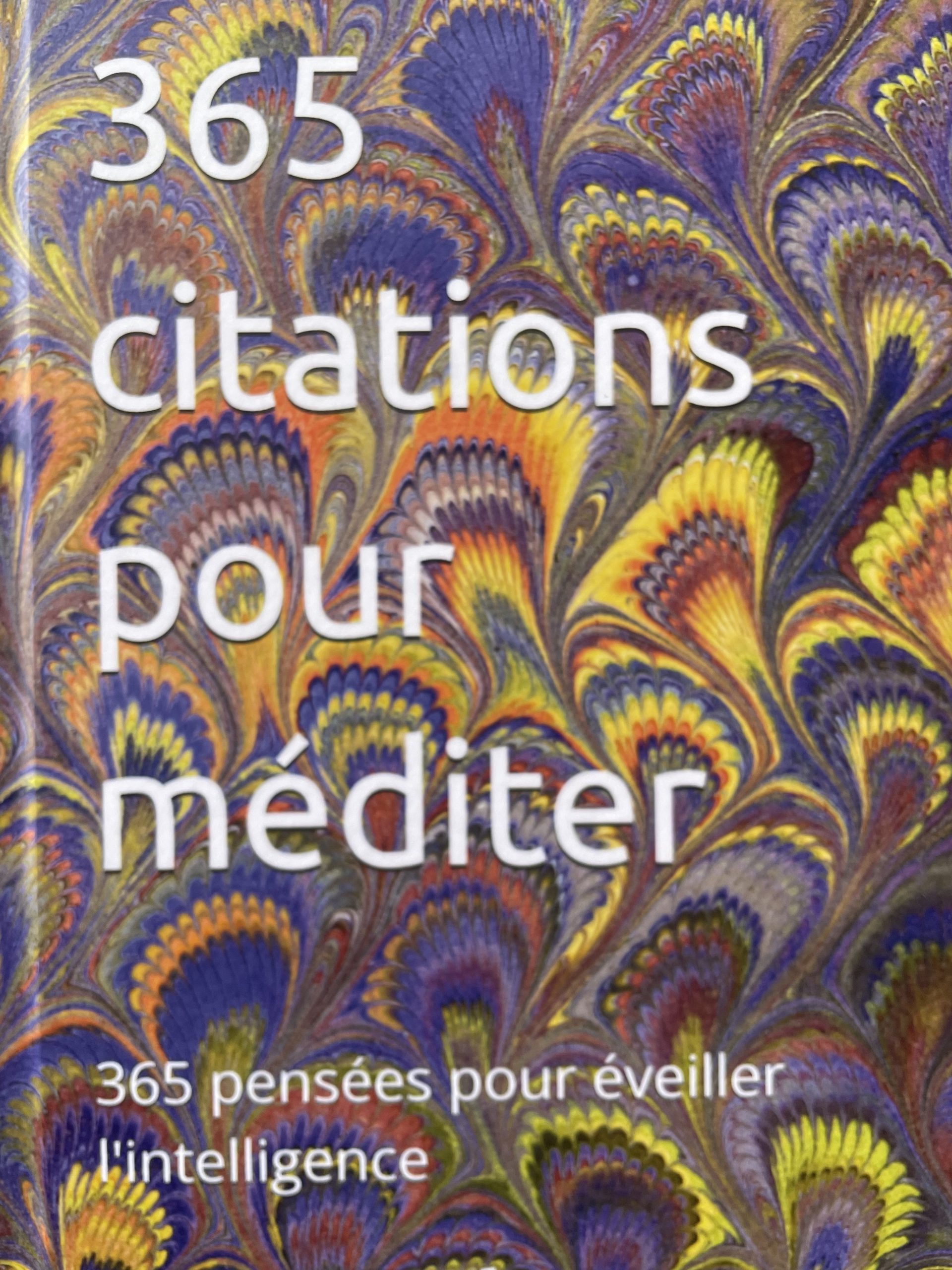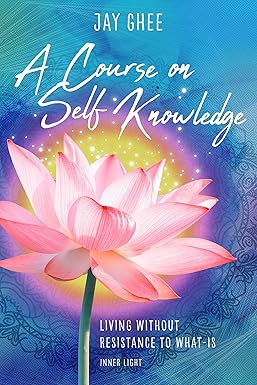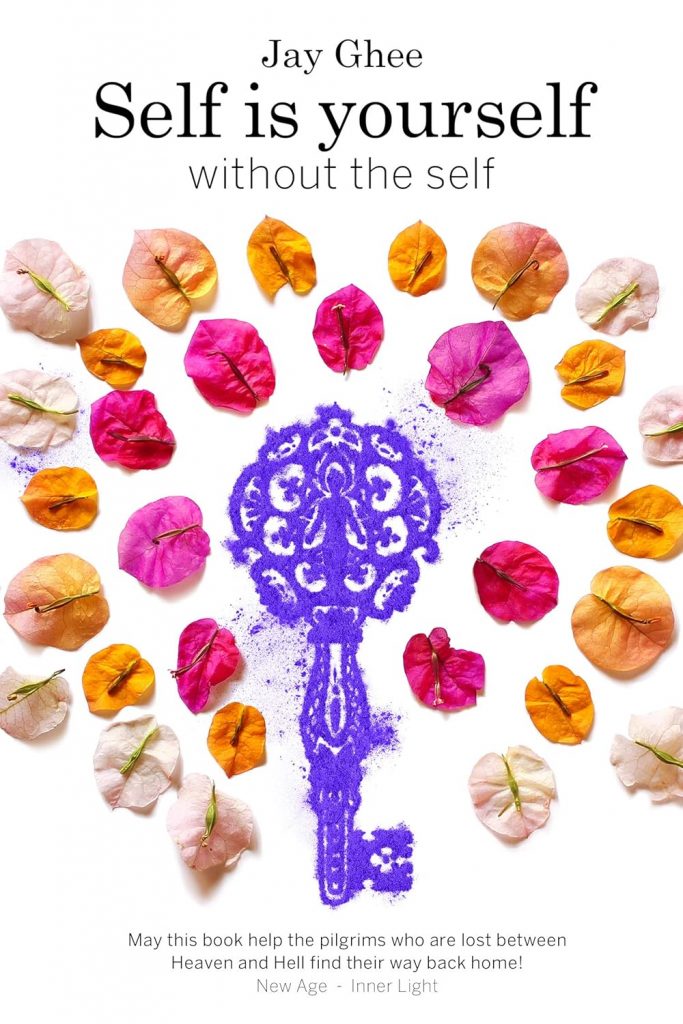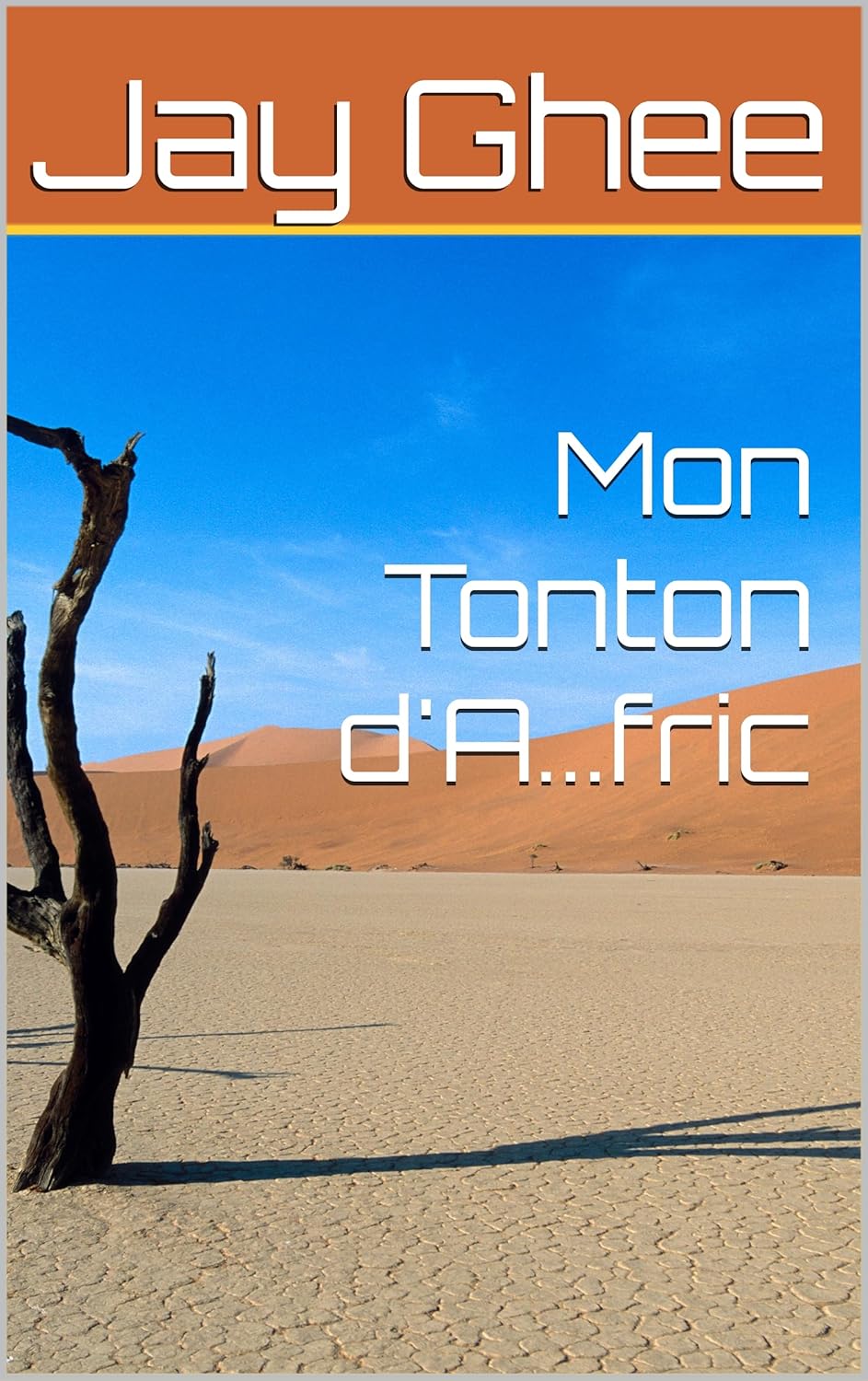How to Trust Your Gut Feeling: A Guide to Intuition, Synchronicity, and Inner Wisdom
Introduction: The Moment You Just Knew
Have you ever walked into a room and immediately sensed the atmosphere — before anyone spoke a word? Or met someone for the first time and felt an instant yes or no without knowing why? Later, reality confirmed what your inner voice had already whispered.
That quiet inner nudge is what we call a gut feeling. It’s more than instinct. It’s more than logic. It’s a subtle intelligence that integrates body, mind, and soul.
Yet for many of us, trusting this voice is difficult.
What if it’s just fear? What if I’m imagining things? And what if logic says one thing, but intuition another?
This is where the journey begins. In this article, we’ll explore what gut feeling really means, how to tell it apart from anxiety or ego, why coincidences may be more than chance, and — most importantly — how you can learn to trust your intuition in everyday life.
👉 Whether you’re making decisions in love, career, or simply navigating daily choices, your gut feeling can become a powerful ally once you learn to listen.
What Does It Mean to Trust Your Gut Feeling?
Trusting your gut isn’t about rejecting logic. It’s about giving equal value to the intelligence of intuition — an intelligence that often operates faster and deeper than rational thought.
Intuition as Embodied Intelligence
Science has shown that the gut is lined with over 100 million neurons — sometimes called the “second brain.” This neural network communicates with our central nervous system and influences emotions, memory, and decision-making. That’s why a “gut reaction” is not just metaphorical — it’s physiological.
Spiritual Perspective
Spiritual traditions describe intuition as the quiet voice of inner truth:
- Taoism speaks of wu wei — effortless alignment with life’s flow.
- Zen teaches spontaneity and presence.
- Advaita emphasizes witnessing awareness, where clarity arises beyond thought.
All of them point to the same truth: intuition emerges when the noise of the mind quiets.
Everyday Example
Think of the last time you faced a choice — a job offer, a new relationship, or even a travel decision. Maybe the numbers added up, the pros and cons seemed balanced, but something inside whispered “this isn’t right.” Later, when hidden details came to light, you realized that your gut had seen what your mind could not.
To trust your gut feeling is to honor that inner compass — to recognize it not as superstition, but as wisdom in its most immediate form.
Intuition vs. Fear: How to Trust Your Gut Feeling in Uncertain Moments
Perhaps the most delicate part of learning to trust your gut feeling is knowing whether that inner voice belongs to intuition or to fear. Both arise from within, yet their tone and quality are strikingly different.
Fear tends to make itself known through noise. It is urgent, insistent, almost dramatic. It tells you that disaster is waiting if you dare to step forward, or that you will lose everything if you take a chance. Fear draws its power from the past and projects it into the future. It lives in memory and imagination, rarely in the present moment. When fear speaks, the body reacts: the heart races, the chest tightens, the mind fills with scenarios of what could go wrong.
Intuition, by contrast, does not shout. It does not beg for attention. It appears quietly, almost like a whisper that lands without warning — calm, clear, and strangely simple. Often, intuition does not explain itself. It does not need to. You just know. The body responds not with tension, but with a subtle sense of release, an openness, a feeling that something aligns.
Imagine you are offered a new job. On paper, the position looks perfect: good salary, stability, promising growth. Fear may say: “You’d be foolish not to take it — what if nothing else comes along?” Yet somewhere inside, a quieter voice tells you: “This doesn’t feel right.” Months later, you might discover that the company was unstable, facing layoffs or ethical issues. Logic could not have predicted it, fear insisted on safety — but intuition had already sensed the truth. Situations like this reveal why understanding how to trust your gut feeling matters: it can save you from choices that look safe on the surface but hide unseen risks.
As Jay Ghee writes in The Gut Feeling Guide: “The ego shouts, but intuition whispers.” To recognize this whisper, you must learn to pause, to create space for it to emerge. The more stillness you cultivate, the easier it becomes to distinguish between the noisy urgency of fear and the quiet clarity of intuition. One unsettles; the other reassures. One keeps you small; the other invites you to trust.
Coincidence or Synchronicity?
Most of us have lived through moments that felt too perfectly timed to be mere chance. You think of a friend you haven’t spoken to in years — and the next day, their message appears on your phone. You open a book at random, and the words on the page answer a question you hadn’t even dared to voice. Rationally, we call these coincidences. Yet deep inside, something whispers that they carry more weight, that they reveal a hidden thread connecting our inner world with the events around us.
Carl Jung gave a name to this mysterious phenomenon: synchronicity. For him, it wasn’t about random probability, but about meaningful alignment. A synchronicity occurs when an outer event mirrors an inner state in such a way that it feels deeply significant, even transformative. Unlike ordinary coincidences, which the mind easily dismisses, synchronicities strike us with a sense of recognition — as if life itself is nodding in agreement.
Learning to trust your gut feeling often begins with noticing these subtle alignments. They are reminders that we are not separate from the flow of existence but intimately woven into it. When your intuition is alive, you start seeing how outer circumstances and inner impulses dance together. What once looked accidental begins to feel like guidance.
The danger lies in trying to force meaning onto everything, in projecting significance where there is none. The challenge is to listen with humility: not every coincidence is a message, but some carry a resonance that cannot be ignored. And when they do, the effect is unmistakable — they open doors, change directions, protect us from harm, or reveal possibilities we never imagined.
Jay Ghee recounts many such moments in The Gut Feeling Guide: times when an unexpected meeting, a sudden reversal, or an unplanned journey shifted the course of his life entirely. These stories illustrate a larger truth: synchronicity is not reserved for mystics or sages. It is available to all of us — if we are willing to pay attention.
To notice synchronicity is to step into dialogue with life itself. It is to recognize that the universe is not a machine of blind chance, but a living web of relationships. And in those rare, luminous moments when your inner world and outer reality meet, you begin to understand that intuition and synchronicity are two sides of the same coin: both are invitations to trust.
Practices to Strengthen Your Gut Feeling and Intuition
Intuition is not a rare gift reserved for a few. It is a capacity that lives in all of us, waiting for attention and care. Like a quiet stream hidden beneath the noise of the city, it flows constantly, though we rarely hear it. To begin trusting your gut feeling, you must first learn to recognize and cultivate this inner current.
One of the most direct ways is through silence. When the mind is filled with chatter, lists, and worries, the voice of intuition is drowned out. But in moments of stillness, a different clarity arises. Sitting quietly, without forcing thought, you may notice a subtle shift — a sense of presence that feels lighter than analysis, deeper than logic. This is where intuition speaks most clearly.
The body, too, is a gateway. Long before the mind decides, the body reacts. A conversation that looks harmless on the surface may leave your stomach unsettled. A new opportunity may bring an unexpected calm, as though your chest had opened wider. These signals are easy to ignore in a world that glorifies reason, but they are often the most reliable guides. Learning to pay attention to them is a practice in itself — a daily attunement to the wisdom that lives beneath thought.
Journaling can be another ally. Writing down moments of coincidence, instinctive choices, or sudden insights creates a map of invisible connections. Over time, patterns emerge. What once felt random begins to reveal a rhythm, and you learn to distinguish true guidance from passing moods. In The Gut Feeling Guide, Jay Ghee describes this process as “weaving the invisible threads into a fabric of meaning.” By recording, you begin to see that the universe speaks in its own language, subtle yet insistent.
Meditation, journaling, embodied awareness — these are not esoteric rituals, but simple doorways to clarity. They are ways of clearing the noise so that the whisper beneath it can be heard. With practice, what begins as an occasional spark of insight becomes a steady presence. You start making decisions with more ease, not because you know every outcome, but because you trust the compass within.
To strengthen your intuition is not to escape reality, but to meet it more fully. It is not to abandon reason, but to invite another form of intelligence to stand beside it. In that union of logic and intuition, mind and heart, analysis and silence, a new balance is born. And in that balance, life begins to feel less like a struggle and more like a flow. This is what learning how to trust your gut feeling truly means: not replacing reason, but allowing a deeper balance to emerge.
The Dangers of Misinterpreting Gut Feelings
Learning to trust your gut feeling is powerful, but it also carries risks. Not every impulse that rises within us is true intuition. Sometimes what we call a gut feeling is nothing more than the echo of fear, desire, or unresolved wounds. The line between authentic inner guidance and the tricks of the ego can be thin.
Many people have used the word intuition as a justification for choices that were, in truth, driven by impatience, pride, or hidden agendas. Someone feels a rush of excitement and calls it “a sign,” only to realize later that it was simply the thrill of craving what they could not have. Another person avoids an opportunity because “their intuition said no,” when in fact it was anxiety whispering old stories of unworthiness.
This confusion is far from harmless. It can lead us to hurt others, to sabotage relationships, or to miss the very opportunities that life has placed before us. The danger lies in confusing the voice of the ego for the voice of the soul. The ego often wears disguises. It can sound cautious and wise, while in truth it is only protecting its illusions. It can sound daring and adventurous, while in truth it is chasing recognition or escape.
True intuition, as Jay Ghee reminds us in The Gut Feeling Guide, never speaks with aggression or urgency. It does not flatter the ego or fuel illusions of superiority. It does not justify selfishness. Instead, it carries a quality of stillness, even when it leads us into unfamiliar territory. It feels clean, not cluttered. It is quiet but unwavering.
The key is humility. To follow intuition requires the courage to admit when we may be wrong, to step back and examine whether our so-called insight is tinted by fear or desire. It requires discernment — the willingness to pause, to reflect, and sometimes to wait until the fog clears. The more space we create inside ourselves, the easier it becomes to tell the difference.
In the end, misinterpreting gut feelings is part of the learning process. We will all mistake ego for intuition at times. But each misstep can sharpen our awareness. Each disappointment becomes a teacher. Over time, we begin to notice the subtle difference between the restless push of the ego and the calm pull of true guidance. And when that distinction deepens, our trust in intuition becomes not only stronger, but safer.
Living with Intuitive Clarity
When you begin to truly trust your gut feeling, life no longer feels like a maze of constant doubt. Decisions that once seemed overwhelming lose their weight. You stop chasing endless analysis and instead allow choices to unfold with a sense of quiet assurance. This is not recklessness — it is a deeper kind of responsibility, one that comes from listening to both reason and intuition, and letting them walk side by side.
Living with intuitive clarity means entering into a different rhythm with life. Instead of pushing, forcing, or controlling, you notice that much is already in motion, and your task is to align with it. The right words arrive at the right time. Encounters with people carry a deeper resonance. Opportunities don’t have to be hunted down — they appear, often when least expected, as if drawn to the openness you’ve created within.
This clarity does not promise a life without pain or difficulty. Challenges remain, but the way you meet them changes. Instead of collapsing into confusion, you feel guided, supported by a thread that runs through the chaos. Even loss, disappointment, or failure becomes easier to bear when seen in the light of intuition, because you sense that every turn — even the painful ones — contains meaning.
In The Gut Feeling Guide, Jay Ghee shares stories of how coincidences and subtle whispers shaped his own path: unexpected meetings that altered the course of his career, sudden impulses that led him to safety, or quiet certainties that opened new doors. These stories are not presented as miracles but as reminders that clarity is available to all of us. We all have access to this inner compass. The only difference lies in whether we choose to listen.
To live with intuitive clarity is to trust that your deepest self already knows more than your restless mind admits. It is to surrender without passivity, to engage with life not through control but through attunement. Each moment becomes an opportunity to hear the whisper beneath the noise, to act not from fear or habit but from presence.
Over time, this way of living transforms more than your decisions. It transforms the very quality of your days. Life feels less fragmented, less like a sequence of random events, and more like a conversation — intimate, alive, and full of meaning. And in that conversation, you begin to recognize your own role: not as a passive listener, but as a co-creator with the subtle intelligence that flows through all things.
Ultimately, the journey is about remembering how to trust your gut feeling in every moment, so that clarity is not a rare exception but a constant companion. In this state, clarity is not something you seek. It becomes the way you live.
If you feel ready to listen more deeply to the quiet wisdom within, explore The Gut Feeling Guide by Jay Ghee. It is more than a book — it is a companion on your path to trust, clarity, and alignment.
New Releases
Books from Jay Ghee
365 citations pour méditer
By Jay Ghee 365 citations pour méditerLes 365 pensées inédites de ce livre invitent l'éveil de l'intelligence. Jay Ghee présente ici une collection de réflexions profondes, d'aphorismes riches en sagesse, humour et observations conçus pour éveiller le questionement....
The ultimate revolution
By Jay Ghee The ultimate revolution A Journey Beyond Thought In an age of chaos, distraction, and inner conflict, The Ultimate Revolution invites you on the only journey that truly transforms—the journey inward. Through a synthesis of timeless wisdom and modern...
A course on Self-Knowledge
By Jay Ghee A Course on Self-Knowledge Living without resistance what-is This course addresses the most essential question in life:Who am I? It’s not a theory, a belief, or a system. It’s a path. One that leads you inward—toward clarity, stillness, and the direct...
Self is yourself without the self
By Jay Ghee Self is yourself without the selfA contemplative guide to dissolving ego, awakening pure awareness, and living beyond the illusion of “me". What if everything you believe about yourself—your story, your ego, your spiritual ambitions—is simply a mask worn...
L’ultime révolution
By Jay Ghee L'ultime révolutionÀ travers l’enseignement des grands sages, Jay Ghee guide ses lecteurs vers une compréhension profonde du rôle de l’ego et montre comment s’en libérer pour accéder à la paix intérieure et à la joie véritable. Un chapitre entier est...
Mon Tonton d’A…fric
By Jay Ghee Mon Tonton d´ A...fricCinq jeunes cousins de la région bordelaise reçoivent chacun une énigmatique missive venue d’Afrique. Héritage ou simple mystère ? Malgré les inquiétudes de leurs proches, ils se laissent entraîner dans une aventure haute en couleur,...
Schedule an Event
info@jayghee.com
Book an Interview
info@jayghee.com
Contact Jay Ghee
info@jayghee.com






